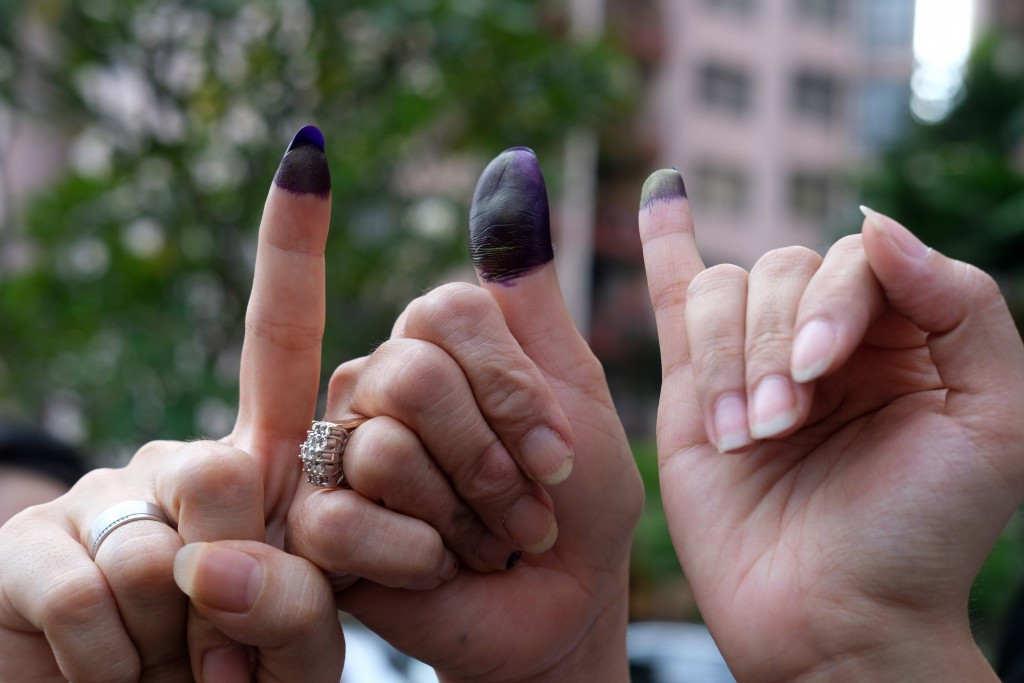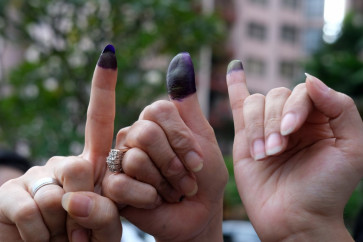Popular Reads
Top Results
Can't find what you're looking for?
View all search resultsPopular Reads
Top Results
Can't find what you're looking for?
View all search resultsAnalysis: Post-election evaluations call for electoral reforms
Change text size
Gift Premium Articles
to Anyone
A
s Indonesia reflects on the administration of the unprecedented simultaneous nationwide regional head elections on Nov.27, many areas of improvement have come to light. With voter turnout rates dipping, exorbitant election costs and the frequency of uncontested races, reforms are needed to safeguard the future of the country’s electoral system.
One prominent issue is the declining voter turnout in the regional elections, which averaged 68.16 percent, a significant drop from the 80 percent during February’s presidential and legislative elections. In Jakarta, participation fell to as low as 58 percent, compared with over 70 percent in previous elections. However, voter participation was also higher at the regency-city level than at the provincial level.
Analysts have attributed the decline to electoral fatigue as the general and regional elections were held only eight months apart. Deputy Home Minister Bima Arya Sugiarto said the phenomenon also suggested that voters were unfamiliar with the candidates. Amid the government’s discussions on improving the elections, Bima advocated separating the schedules of the various elections to mitigate voter fatigue and other logistical challenges.
The high financial costs of these elections, a recurring issue, have also drawn criticism from politicians. For example, West Java’s gubernatorial race alone cost over Rp 1.9 trillion (US$119 million), prompting deputy chairman of the House of Representatives Budget Committee Jazilul Fawaid to propose that governors be appointed by the provincial legislative council instead of through direct elections, a debate that has resurfaced repeatedly throughout the years.
Proponents argue that reallocating these funds could instead support infrastructure and education in underdeveloped regions. However, critics always warn that such changes would undermine public accountability and democratic engagement, especially at the provincial level.
Another contentious issue is the prevalence of uncontested races. West Papua province and 36 other regencies and cities across the country pitted the sole candidate pair against a “blank box” on the ballot, which gave voters an option to reject the candidate as opposed to simply abstaining from voting. According to quick count data, blank boxes appear to have won against the only candidate pairs running in the Pangkal Pinang mayoral election and the Bangka regency election. If the final results hold, the General Elections Commission (KPU) and House Commission II have agreed to rerun these elections in August 2025.
This phenomenon signals growing voter dissatisfaction with political party dominance, as well as the quality of candidates. Political observer and director of Rumah Politik Indonesia, Fernando Emas, emphasized the need for parties to nominate candidates who genuinely represent local communities, rather than relying on their bosses.



















